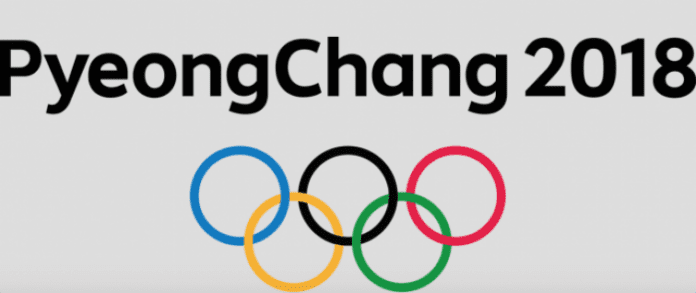Nokia, Intel Deutschland, SK Telecom and KT are part of the 5G consortium
A consortium by European and Korean companies, universities and research institutes will demonstrate what it claims to be the first 5G platform during the 2018 Winter Olympics Games, taking place in South Korea
The 5GCHAMPION consortium, which includes 21 universities, research institutes and companies from Europe and South Korea, is supported by the European Commission and the Korean Ministry of Science and ICT.
The consortium has developed a fully integrated intercontinental 5G network proof of concept (PoC) that was deployed at the PyeongChang Olympic host city, Gangneung, two years ahead of the official launch of 5G networks.
During the 5G demonstration, visitors will be able to experience the network while riding a bus between event venues in Gangneung’s main area. Wearing virtual-reality glasses, they can “visit” almost instantaneously and in 3D a site in Oulu, Finland, via a 5G intercontinental connection developed by the project teams. The data-transfer speed on this proposed 5G mobile network is 2.5 Gbps.
The project developed a new architecture that provides an end-to-end system performance encompassing 5G radio-access, a core network and satellite technologies.
Some of the companies and institutions involved in the project are Nokia Intel Deutschland, Thales AS, HHI Fraunhofer, University of Oulu, Tlepespazio, iMinds, SK Telecom, KT Corp., and Seoul National University.
Korean telecom operators are currently testing 5G services during the 2018 Winter Olympic Games. KT Corp. said it has worked with partners including Samsung Electronics an Intel to launch a 5G trial network. The Korean telco also opened a 5G promotion hall at Gwanghwamun in Seoul to allow visitors to experience the next-generation mobile technology.
During the PyeongChang Games, the mobile operator said it aims to provide five 5G-driven visual technologies — sync view, interactive time slice, 360-degree virtual reality live broadcasting, omni-point view and a 5G connected bus.
The Sync view will be used for the bobsled events. This technology will transmit live, real-time footage from the athletes’ points of view.
Time slice is a 5G-dependent video streaming technology that lets viewers control the time, target and angle of what they are viewing.
The 360 degree VR feature, to be showcased during the ice hockey and snowboarding tournaments, will let viewers watch the game live in VR by strapping on a 5G-connected VR headset.
The omni-point view service will be available for the cross-country skiing competition, allowing viewers to catch up with a certain athlete’s performance in real time.
KT confirmed plans to launch commercial 5G services in 2019. The Korean government has recently announced plans to award 5G spectrum in June this year. The Ministry of Science and ICT said 3.5 GHz and 28 GHz spectrum will be auctioned.

